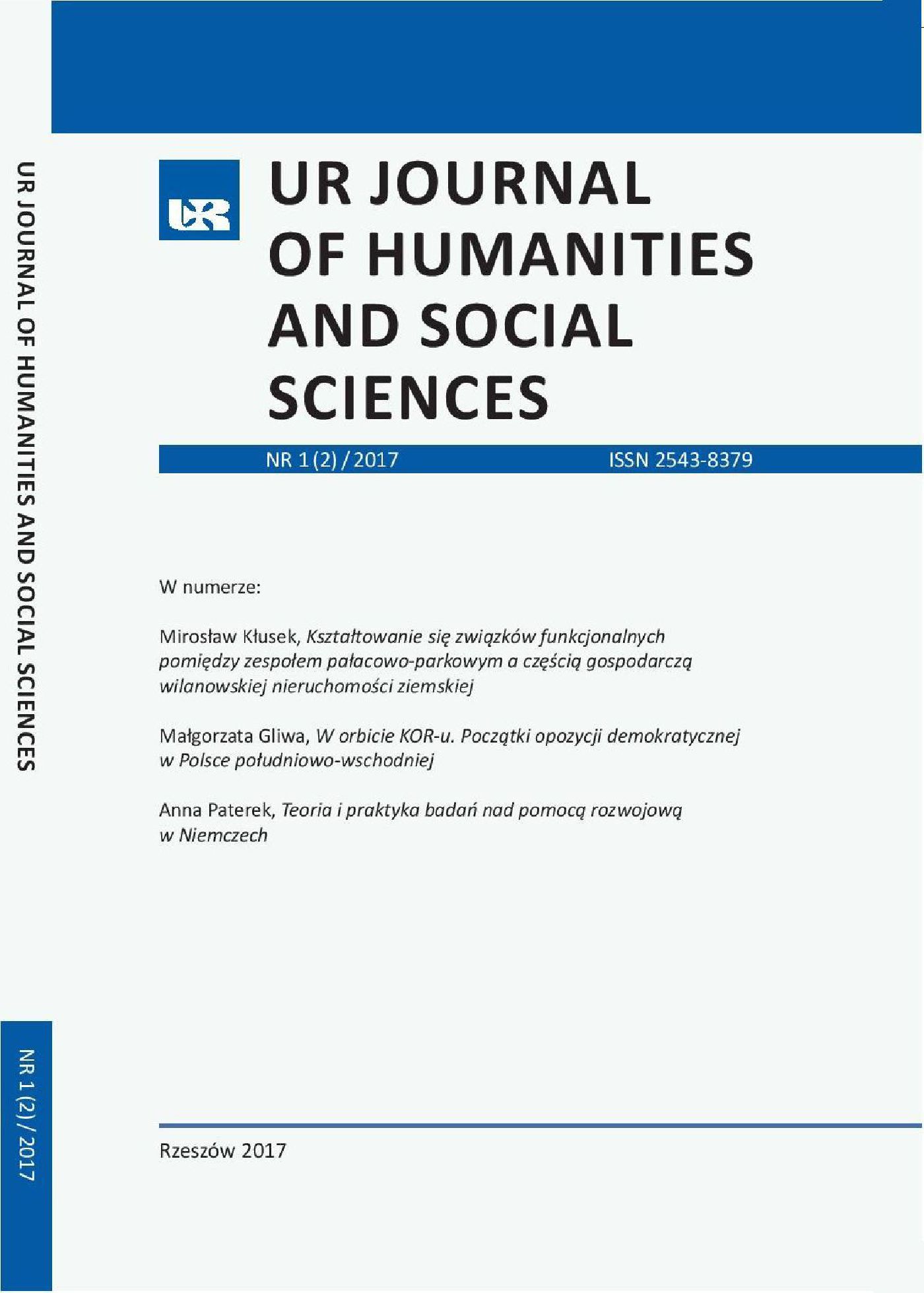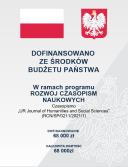Crowdsourcing – an attempted phenomenon description
DOI:
https://doi.org/10.15584/johass.2017.1.7Keywords:
Crowdsourcing, Web 2.0, information society, collective intelligence, virtual communitariansAbstract
The development of ICTs and their impact on society is a research challenge for social scientists, allowing for the observation, descriptivity and analysis of new phenomena taking place in the social space of the internet. The purpose of this article is to describe the new social phenomena defined in the literature of the subject as Crowdsourcing. This process can be defined as the activity of an organization (a company, a public institution, a nonprofit organization) that uses virtual space to delegate tasks traditionally carried out by employees to an unidentified, usually very large group of people in the form of so-called Open Call (crowdsourcing, procure). Crowdsourcing allows Internet users to participate in tasks that once were the domain of a narrow group of specialists. This article outlines the basic definitions of the phenomenon of crowdsourcing functioning in the literature of the subject. The conceptual scope of the phenomenon is also presented, based on the available definitions of the phenomenon. An additional element of this article is the presentation of motives for internet users undertaking crowdsourcing activities , divided into opinion leaders and typical virtual space contributors. Two typologies of crowdsourcing exposures (Polish and Anglo-Saxon), defined from macro, mezzo and micro levels, are also mentioned in this text. Crowdfunding and global co-operation are among the most popular crowdsourcing activities. The phenomenon of crowdfunding is related both to the acquisition of funds from Internet users to business and social projects and to microloans popular in developing countries. Global co-operation includes actions aimed at, among other things, the systematization of knowledge, such as the activity of wikipedists and folksonomy or social categorization.
Downloads
Downloads
Published
How to Cite
Issue
Section
License
Copyright (c) 2017 Wydawnictwo Uniwersytetu Rzeszowskiego

This work is licensed under a Creative Commons Attribution-NonCommercial 4.0 International License.



